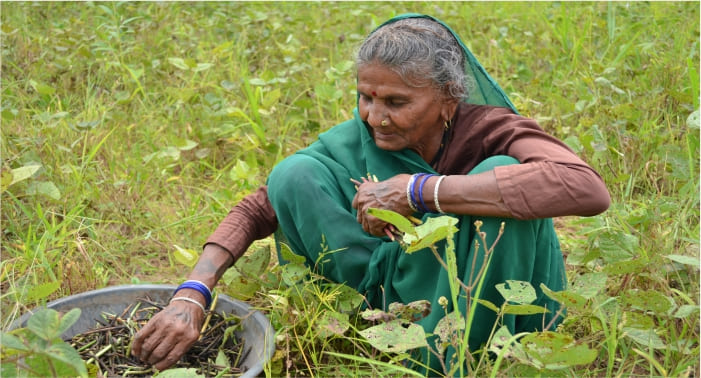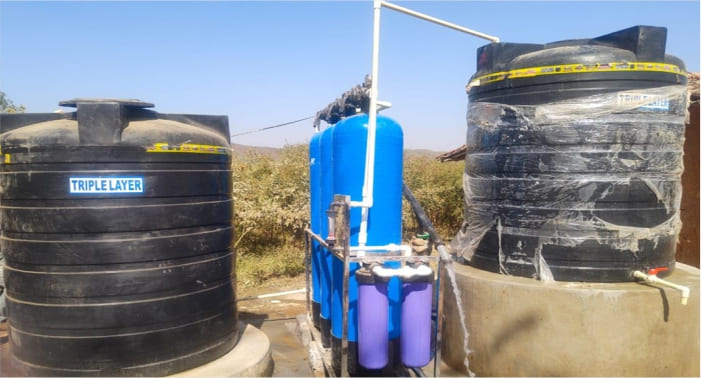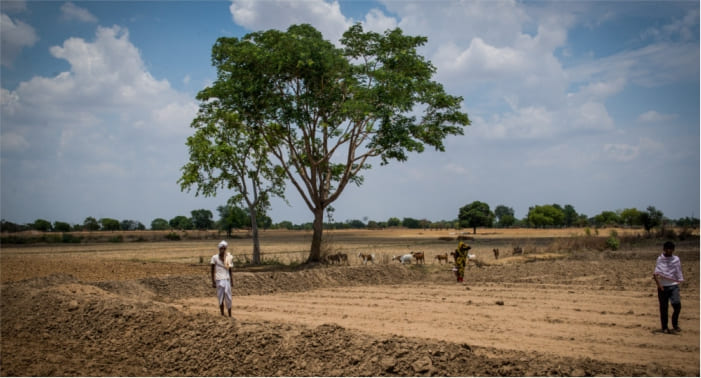Climate change has emerged as the biggest threat to the livelihoods and food security for countries across the world. India is particularly vulnerable to this and is likely to have varied impacts owing to its geographic diversity, stronger dependence on agriculture, and increasing exploitation of natural resources coupled with population growth and socio-economic challenges. For India to meet its Nationally Determined Contributions committed to the Paris Agreement, all guidelines and frameworks in this context must be complemented with initiatives that are sufficient, efficient, equitable, and inclusive. These further need to be integrated with nature-based solutions to address the interconnected challenges of climate change, ecosystem degradation, biodiversity loss, and livelihood vulnerability.
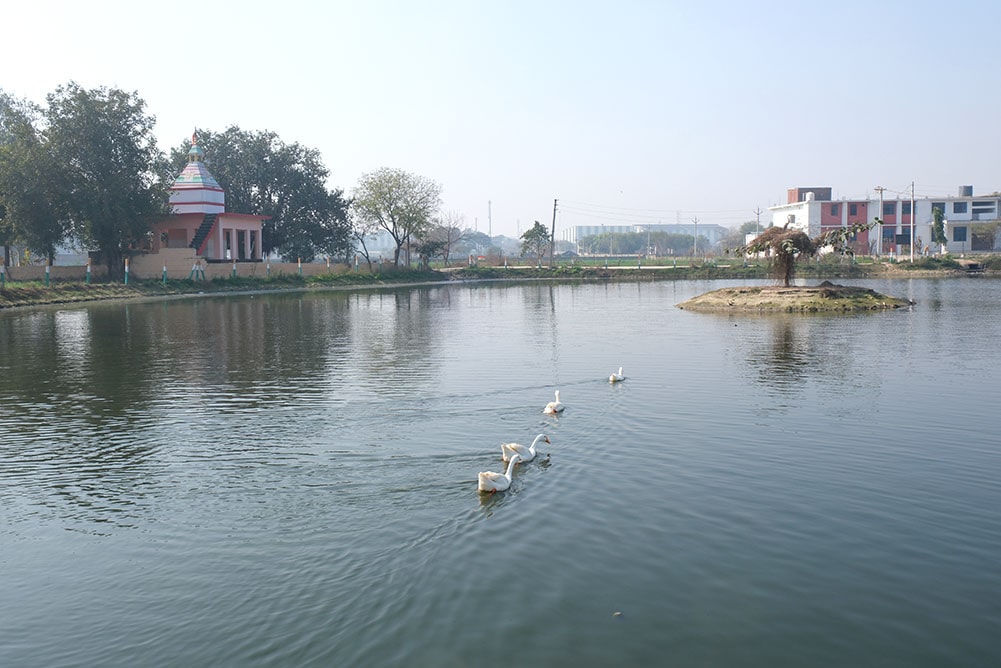
As a solution to mitigate the impacts of climate change and depletion in the levels of groundwater aquifers, Development Alternatives has, from the past 3 years, been focussing on reviving and rejuvenating the traditional pond ecosystems. Working both in peri-urban and rural areas, we have revived 57 water bodies till date and have saved 63.05 hectares of land from encroachment. This has resulted in 49 per cent increase in water holding capacities of ponds and nearly 57 crore litres of additional water potential has been created.
Apart from direct implementation, Development Alternatives has now moved towards providing technical inputs to the government authorities, especially on different wastewater treatment models designed for peri-urban areas to treat the greywater entering the ponds, community engagement and behavioural change. Some of our partners in this space include – HCL Foundation, ATE Chandra Foundation, Fatehpur District Administration, Marico Foundation, Greater Noida Industrial Development Authority, Yamuna Industrial Expressway Development Authority, etc.
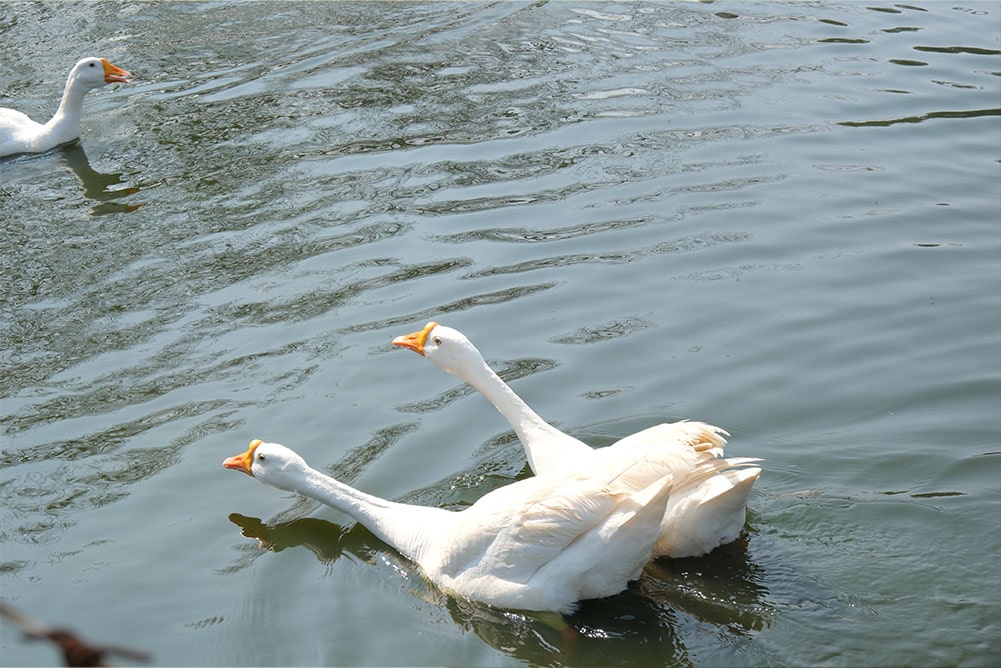
Our work drives towards augmenting investment and enabling ease of access to financing to tackle climate change, promote biodiversity and reconcile with nature. We generate evidence on the impact and investability of Nature-Based Solutions, evaluate climate positive action for alignment to national and international targets (including but not limited to SDGs, CBD, NBT, LDN target of India and INDCs), as well as advocate and build stakeholders’ network for collaborative solution designing – especially for financing adoption and replication of solutions at scale.
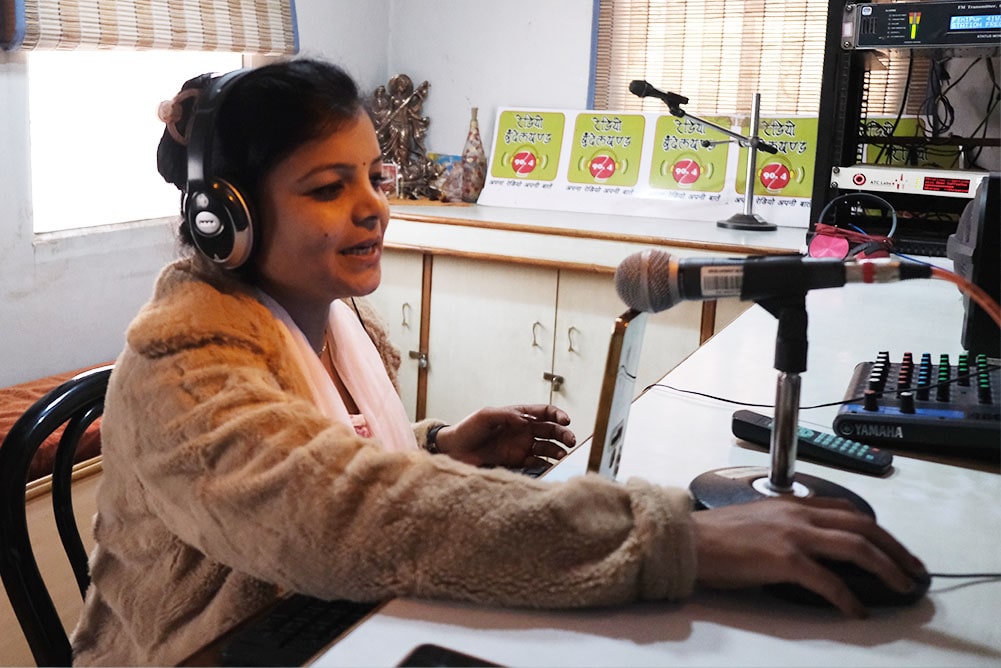
We use various tools to bridge the information gap between community and policy. The aim is to bring behaviour change for sustainable development, probing into the socio-economic and political factors, identifying priorities, assessing risks and opportunities, empowering people, strengthening institutions, and promoting social change within a complex cultural and political environment. Radio Bundelkhand, a community radio station in Bundelkhand, is one of the mediums we use to reach out to the community and spread awareness. This plays a vital role in facilitating inclusive governance systems, giving ‘voice’ to poor and marginalised groups, enabling citizen participation, and sustainable social accountability.
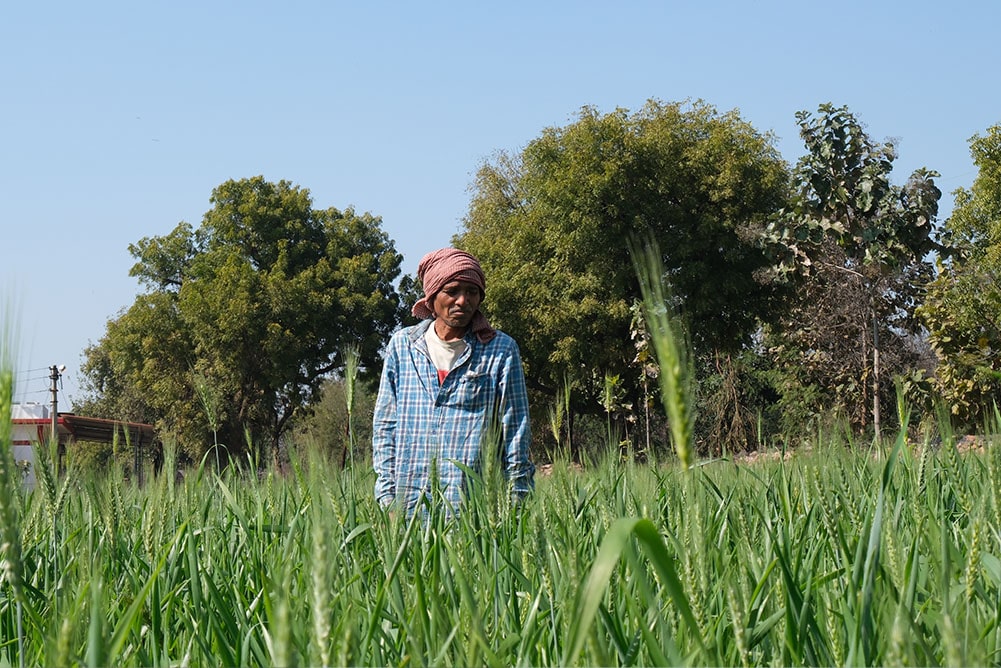
We work with farmers to build inclusive and sustainable farming models in the most vulnerable regions of the country. Sustainable agriculture is amplified by linking farmers, especially smallholder farmers, to appropriate eco-technologies, providing technical support, and conducting farmers training to build resilient farming systems. Our initiatives aim to bring improvement in the economic well-being of farmers through enhanced productivity and profitability. We have been instrumental in introducing new practices such as dry sowing, developing farm bunds and agri-horticultural planting, and the ‘Wadi’ model.
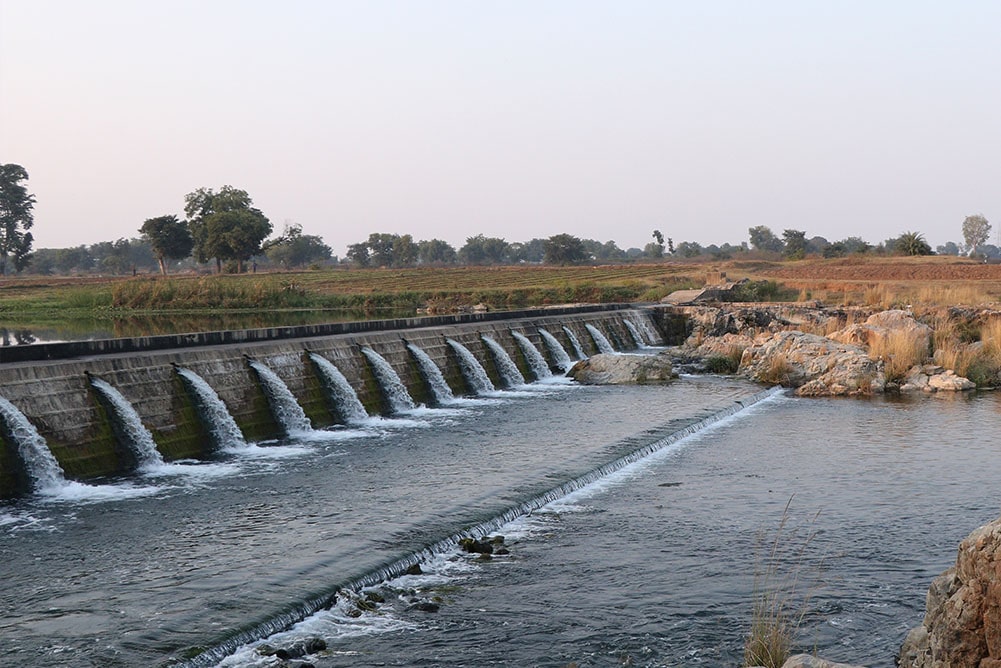
Our natural resource management solution depicts a strong practice-to-policy connect with on-ground demonstration of resilient models and improved practices for land and water management, sustainable agriculture, and climate-adaptive decentralised planning, alongside research and policy influence the farmer-producer organisations, resource flows, and ecological SDGs. We deliver improved water security through a combined approach of agro-horticulture and integrated watershed management models. In response to the chronic drought situation in Bundelkhand, we pioneered in establishing check-dams as a low-cost and sustainable technology for realising water security outcomes. Also, in peri-urban areas and rural areas, we work on rejuvenating ponds that have fallen to decline due to neglect, rise in population, poor governance, and illegal encroachment, thereby leading to water stress, loss of green cover, and soil degradation.
